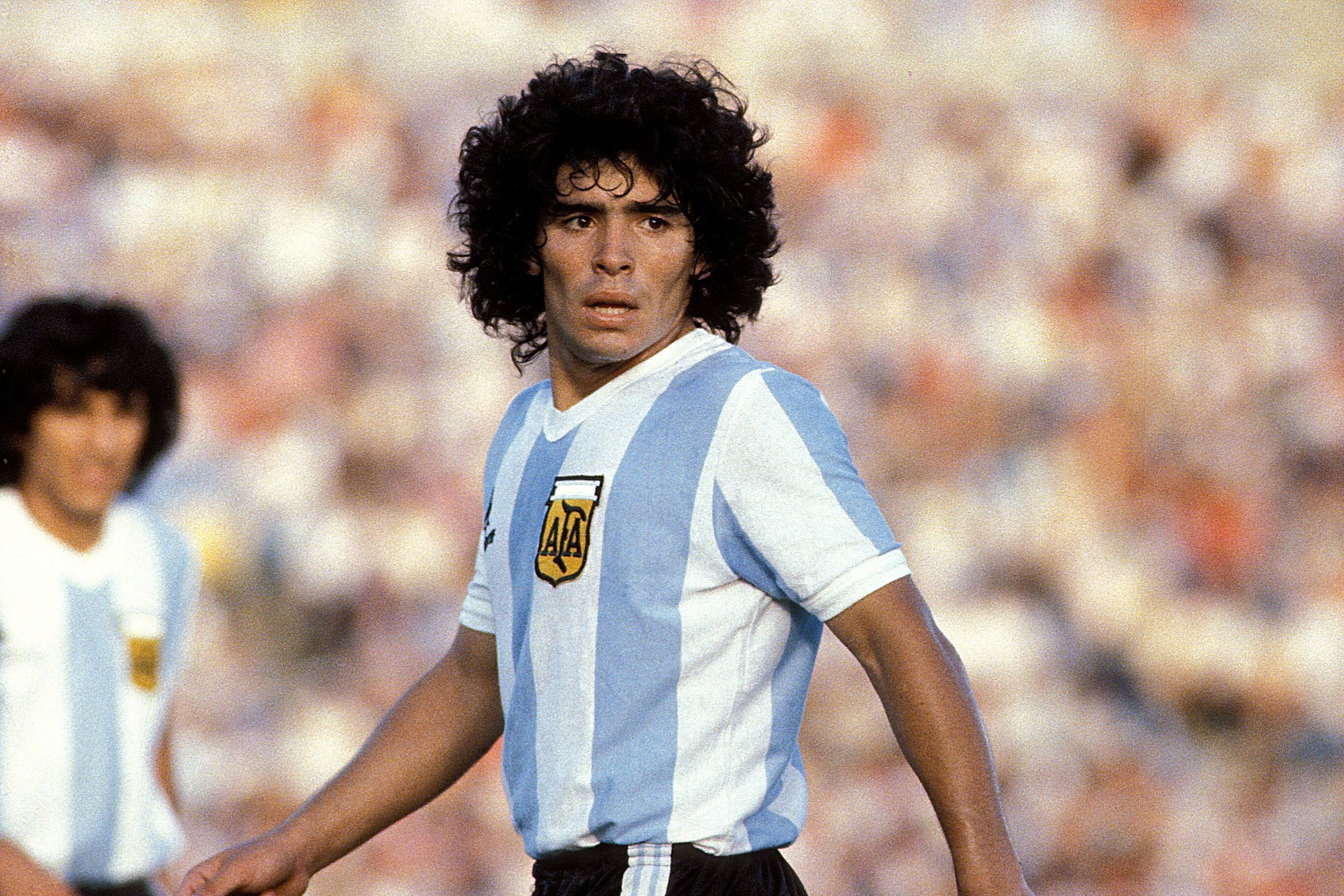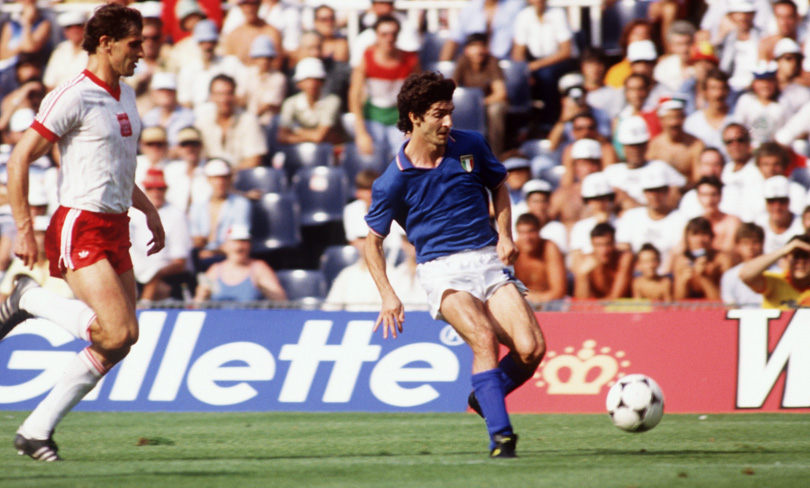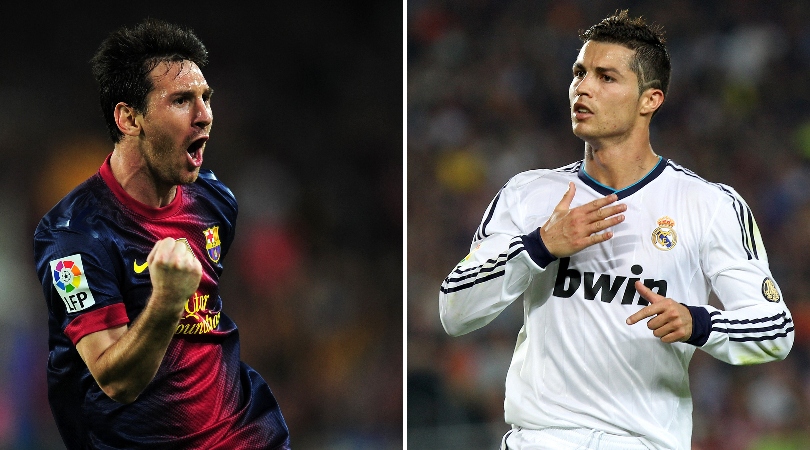Maradona, Charlton, Rossi and more: the footballing icons who left us in 2020
A fond farewell to the great players and managers who passed away in 2020

Goodbye and good riddance. If 2020 represents the worst year in living memory for hundreds of millions, in football it felt the cruellest. Not merely because of the strange void in an empty two months where, apart from Belarus, there was barely a game played anywhere, nor because of the horribly empty stands for most of the remaining fixtures of the year.
But because of those the game lost. Perhaps no year has robbed the sport of so many luminaries. Most notably, probably the most talented player in footballing history. Diego Maradona has a strong claim to the title of the greatest ever. It is less controversial to say that no World Cup-winning side was closer to being a one-man team than the Argentina of 1986, with Maradona scoring five goals and creating five more and that arguably Italy’s greatest ever club side, Arrigo Sacchi’s AC Milan, still finished second in Serie A in 1990 because of Maradona’s catalytic, unique impact on Napoli.
But if Maradona defined a World Cup, so did Paolo Rossi, another whose career featured controversy and glory. There have been few more startling comebacks than Rossi’s: banned for two years for match-fixing, rusty at the start of the 1982 tournament, he finished with six goals in three games against Brazil, Poland and West Germany. A high-class finisher had high-grade victims.

A third who scored an iconic World Cup goal was also lost. Papa Bouba Diop created a seismic shock with his 2002 winner for the newcomers Senegal against the holders France. He was 42, Maradona 60, Rossi 64: in 2020, too many were taken too soon.
And the band of surviving World Cup winners was reduced. England’s 1966 champions were stripped of Peter Bonetti, Norman Hunter, the iconic midfield ball-winner Nobby Stiles and the defensive rock Jack Charlton; the death of the Republic of Ireland’s finest manager meant he left indelible memories in two countries. The news that Sir Bobby Charlton, like too many of his former team-mates, is suffering from dementia, provided further pain.
It felt as though no club escaped unscathed. Leeds lost Charlton, Hunter and Trevor Cherry. Manchester United were deprived of Stiles, Albert Quixall and the hero of the Munich Air Disaster and the best goalkeeper in the 1958 World Cup, Harry Gregg. Manchester City are without Glyn Pardoe, a stalwart of what was their greatest team. Cardiff saw Peter Whittingham go at just 35. Chelsea lamented the passing of Bonetti. Liverpool mourned Ray Clemence, still the gold standard for Anfield goalkeepers, even before they lost a favourite manager. The treble winner Gerard Houllier, like Jack Charlton and Maradona, played his part in a World Cup win and made an impact at home and abroad. Dundee United said farewell to Jim McLean, the Barcelona-beating manager who was their answer to the Aberdeen Alex Ferguson in Scotland’s ‘New Firm’.
Across the global game, there are reasons to reflect upon the departures of favourite sons. Or, in some cases, favourite adopted sons. Michael Robinson was the Liverpool striker who became one of Spain’s most beloved broadcasters, Radomir Antic the Serbian striker who got David Pleat dancing at Maine Road and who won the double as Atletico Madrid manager and remains the only man to coach each of La Liga’s big three.
Get FourFourTwo Newsletter
The best features, fun and footballing quizzes, straight to your inbox every week.
Even before Rossi breathed his last, it felt a wretched year for Italian football. Pietro Anastasi, a scorer in the 1968 European Championship final, Pierino Prati, still the last player to score a hat-trick in a European Cup final after his 1969 trio for AC Milan, and Luigi Simoni, Inter Milan’s Uefa Cup-winning manager, were all taken.
Germany lost Hans Tilkowski, an outstanding goalkeeper who, to an English audience, may be remembered as the only man to concede a hat-trick in a World Cup final. France was deprived of Michel Hidalgo, the 1984 European Championship-winning manager. Holland bade goodbye to Rob Rensenbrink, a World Cup finalist in both 1974 and 1978.
Further afield, Cameroon lost Stephen Tataw, captain of the team who beat Maradona’s Argentina to become quarter-finalists in the 1990 World Cup. Even before Maradona, Argentina first had cause to mourn when Silvio Marzolini, probably their finest ever left-back, died in July.
Each left a large legacy. In some cases, their passing was overshadowed because of the number of other greats who also shuffled off the mortal coil. Football must hope 2021 is kinder, both to those who play it now and to those who graced the game before.
While you’re here, subscribe to FourFourTwo and get three copies of the magazine for just £3. It’s the perfect gift idea for anybody who loves football (including yourself)...
NOW READ
AMAZON PRIME PREMIER LEAGUE GAMES How to watch 21 top-flight matches for FREE this December
RANKED! Every Premier League club's coolest sponsor
SOUTHAMPTON Ralph Hasenhuttl is proving a different kind of management is possible at Southampton
Richard Jolly also writes for the National, the Guardian, the Observer, the Straits Times, the Independent, Sporting Life, Football 365 and the Blizzard. He has written for the FourFourTwo website since 2018 and for the magazine in the 1990s and the 2020s, but not in between. He has covered 1500+ games and remembers a disturbing number of the 0-0 draws.

